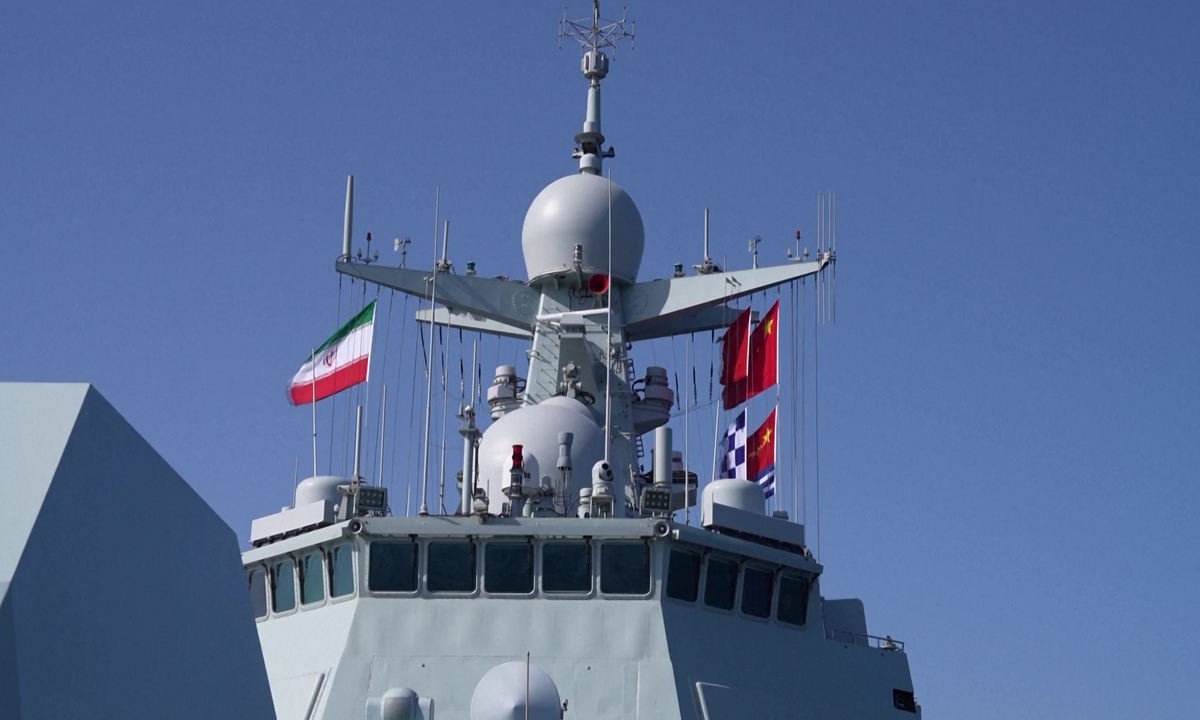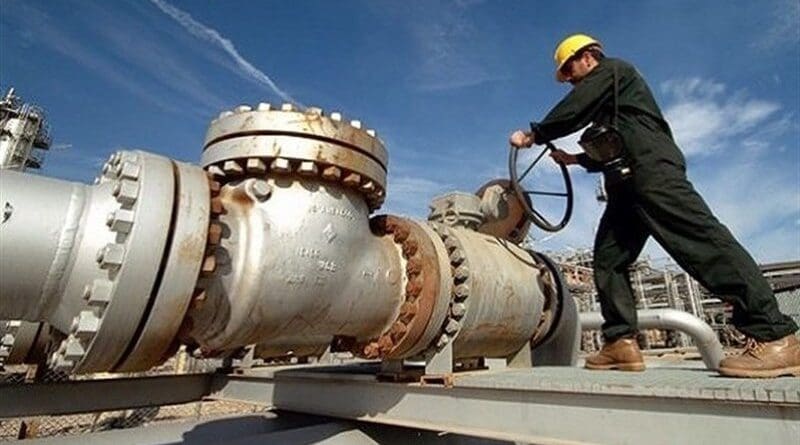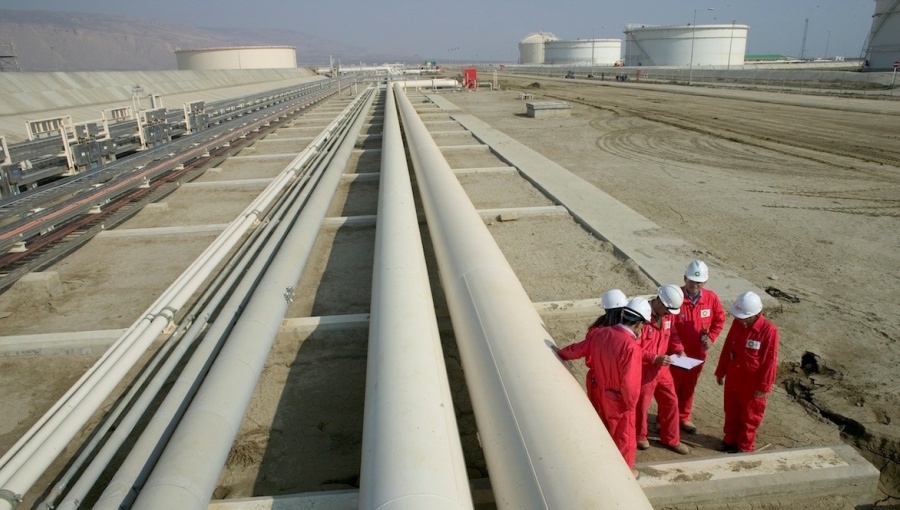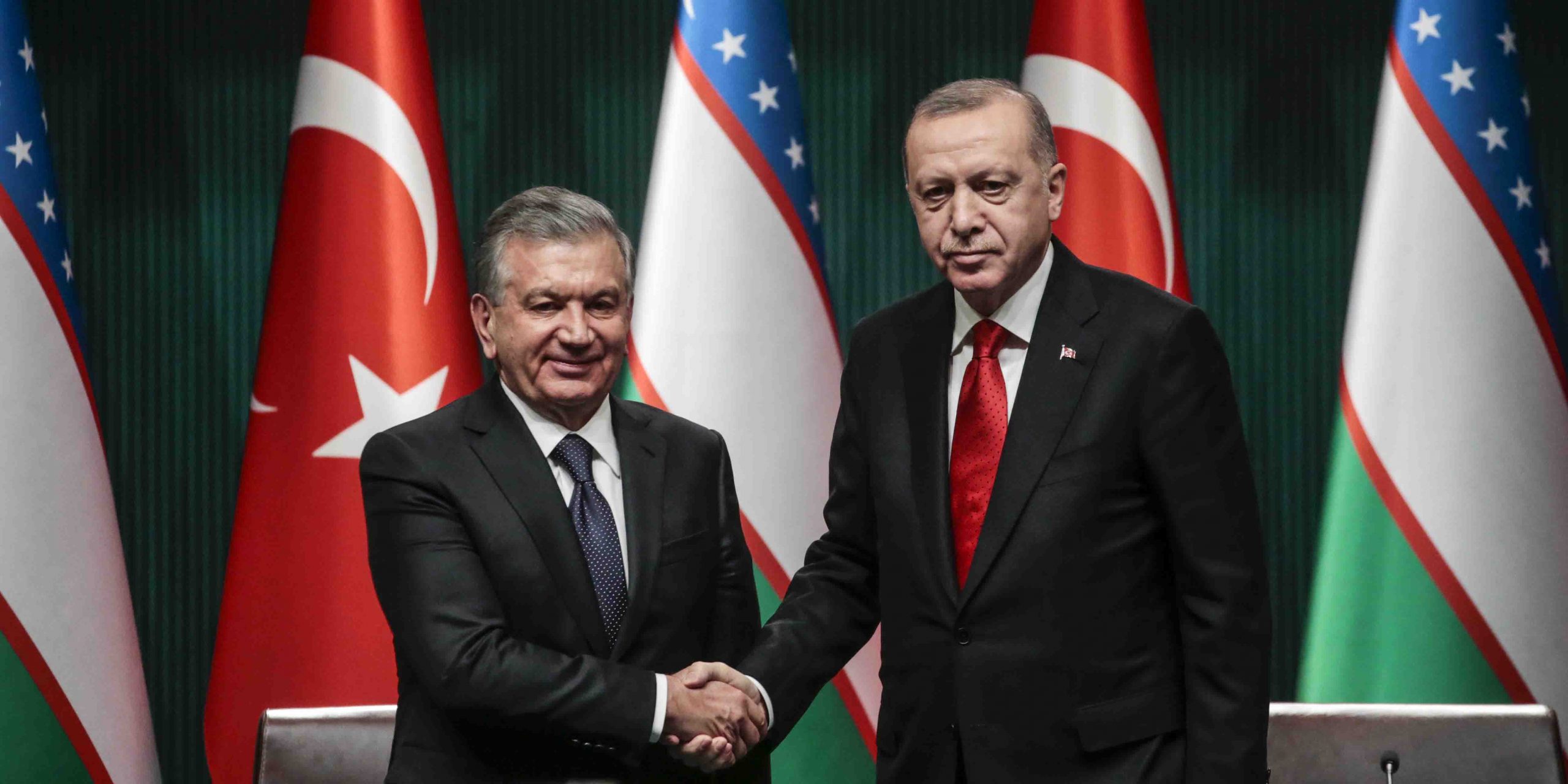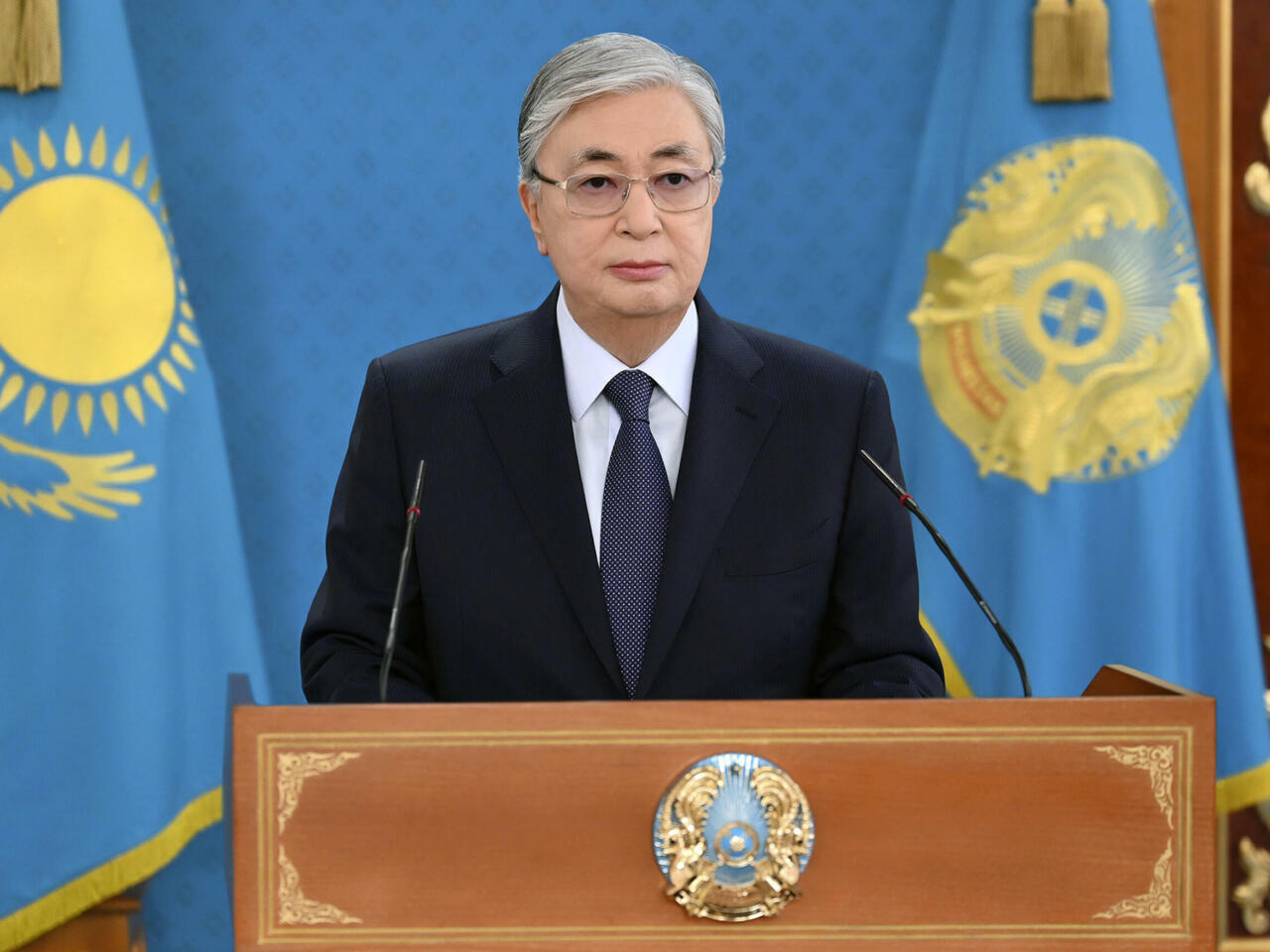
Executive Summary:
- Kazakh President Kassym-Jomart Tokayev, in his annual address to the nation on September 8, announced sweeping reforms, including digitalization and the creation of a Ministry of Artificial Intelligence (AI) to modernize governance and boost efficiency.
- The new “Digital Qazaqstan” strategy aims to unify all national AI and digital initiatives, promoting innovation-driven growth.
- Through initiatives such as Alatau City and investments in cryptocurrency, Astana envisions Kazakhstan as a regional digital hub, diversifying partnerships beyond Russia and the People’s Republic of China, while requiring transparency and effective fiscal management for success.
On September 8, President of Kazakhstan Kassym-Jomart Tokayev proposed, in his annual address to the nation, hosting a referendum to return to a unicameral parliament, mirroring the single-chamber Supreme Council of the early post-independence years (President of Kazakhstan, September 8; Times of Central Asia, September 10). While some argued that this decision aims to enhance governance and offer better solutions to bureaucracy within the state apparatus, the president’s proposal highlighted a commitment to major reforms. These reforms extend beyond the parliament, such as digitalization and the development of a national strategy for Artificial Intelligence (AI) (Qazinform, September 9). In a broader global context and shifting priorities in the region, Tokayev’s speech shed light on rising geopolitical contradictions, conflicts, economic inequality, and new threats, including weapons based on AI.


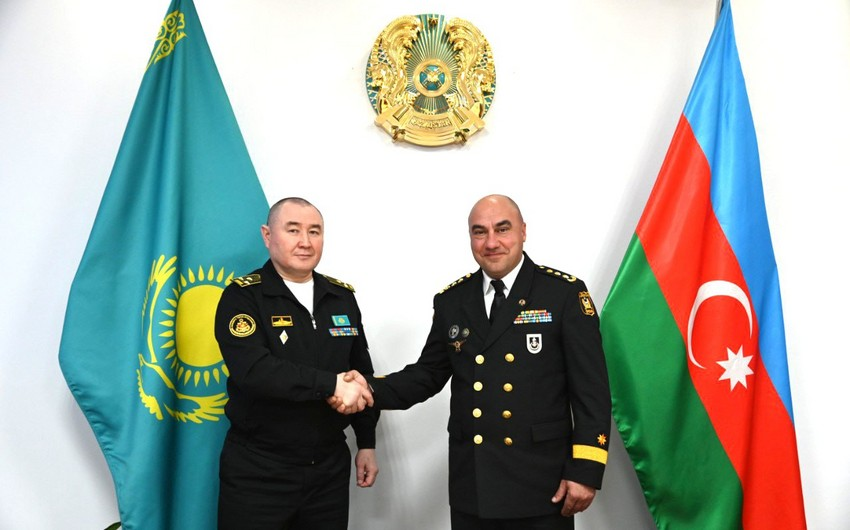
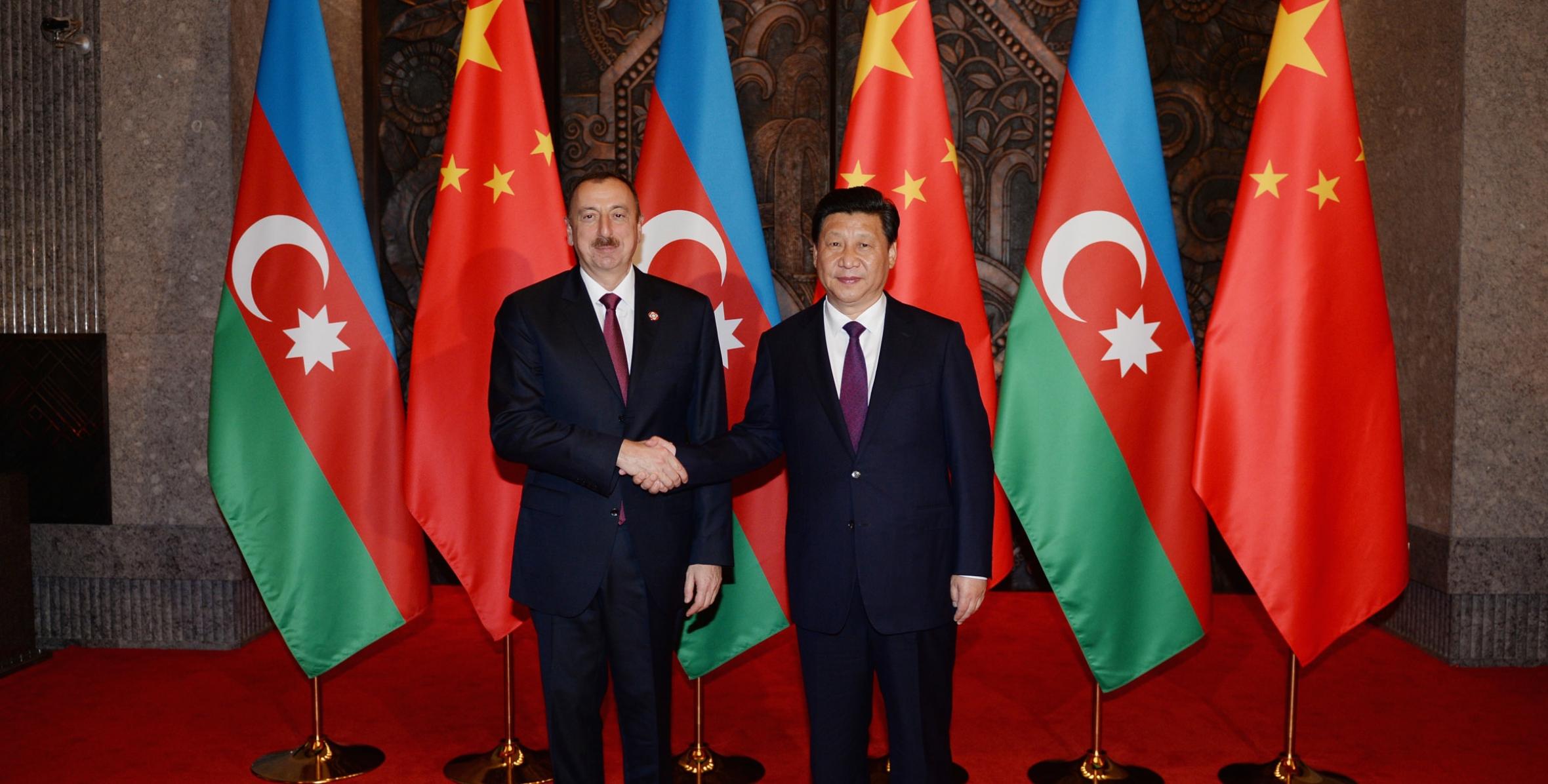
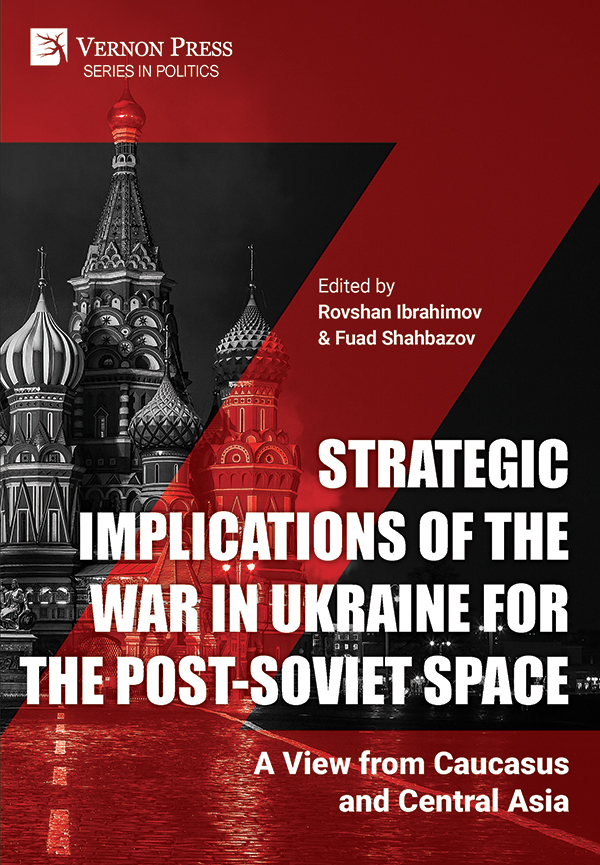 This groundbreaking volume offers an in-depth exploration of how Russia’s 2022 invasion of Ukraine has reshaped the geopolitical landscape of the post-Soviet space, particularly in the Caucasus and Central Asia. Through expert analyses, the book examines the far-reaching consequences of the war, including shifts in regional alliances, energy security dynamics, the rise of new cooperation platforms, and the growing role of external actors such as China and Turkey.
This groundbreaking volume offers an in-depth exploration of how Russia’s 2022 invasion of Ukraine has reshaped the geopolitical landscape of the post-Soviet space, particularly in the Caucasus and Central Asia. Through expert analyses, the book examines the far-reaching consequences of the war, including shifts in regional alliances, energy security dynamics, the rise of new cooperation platforms, and the growing role of external actors such as China and Turkey.